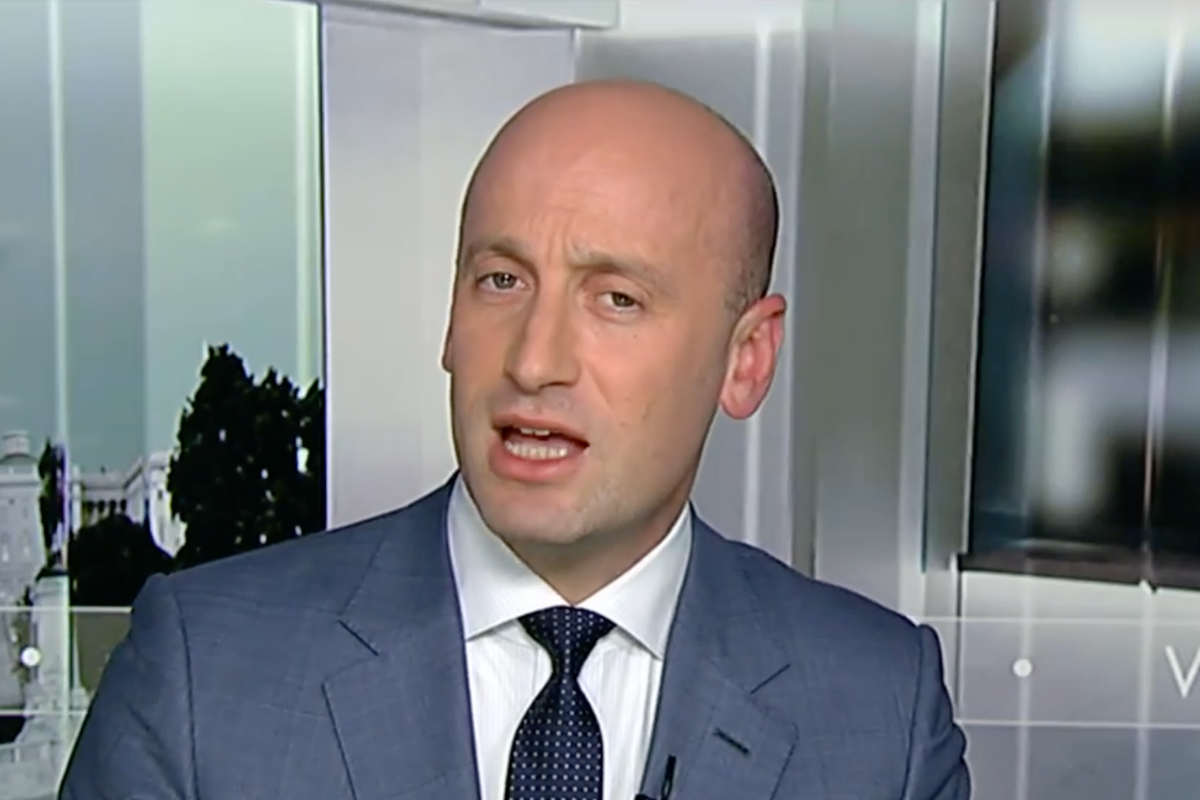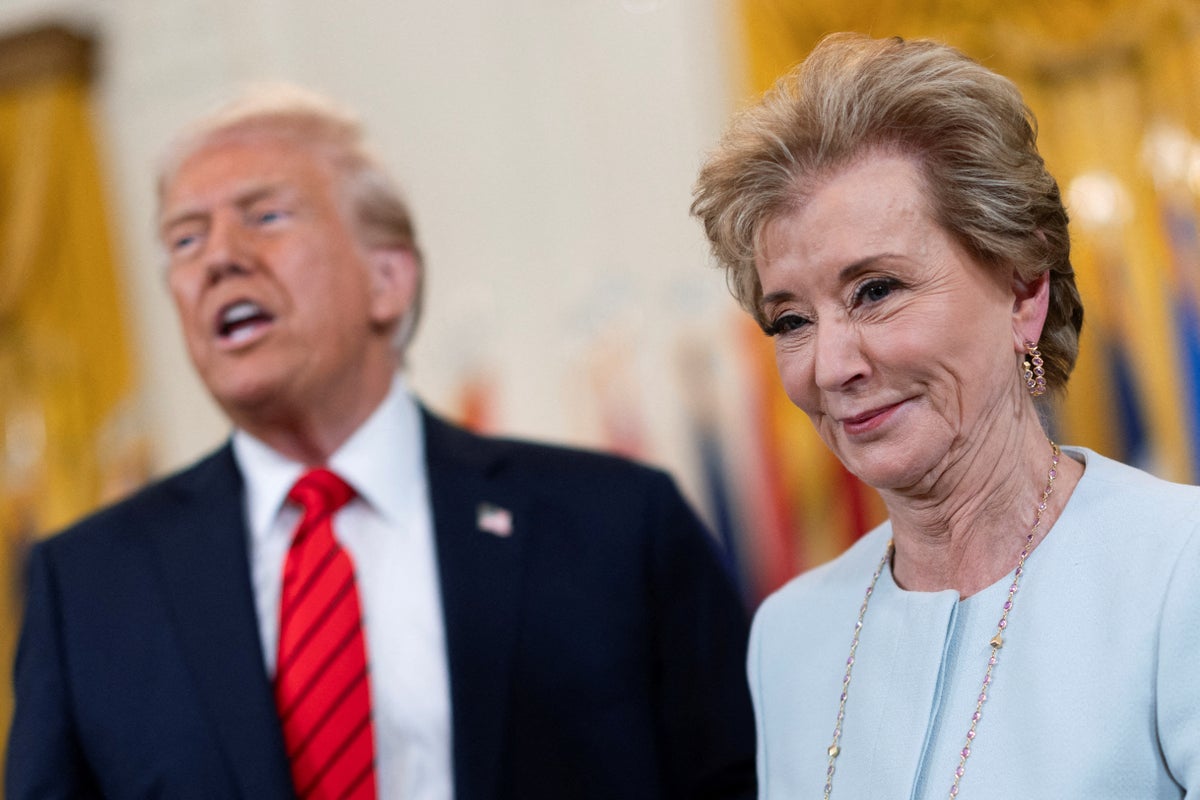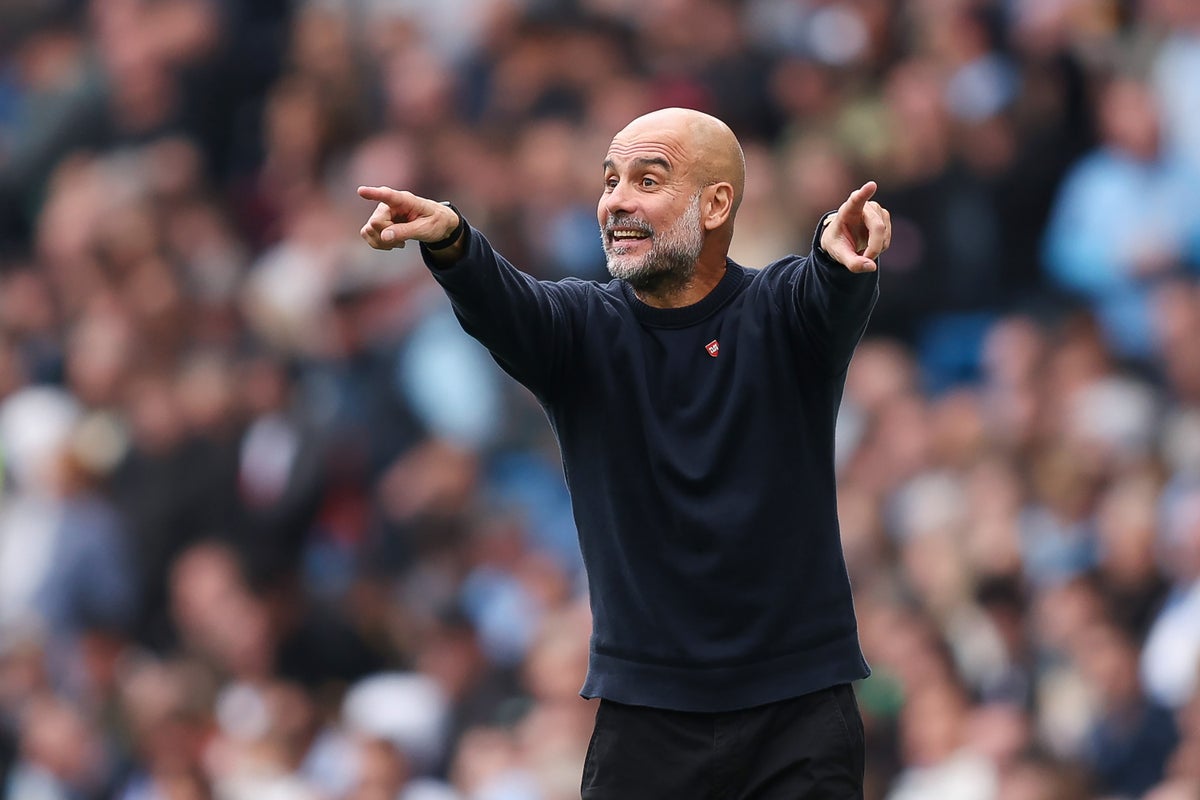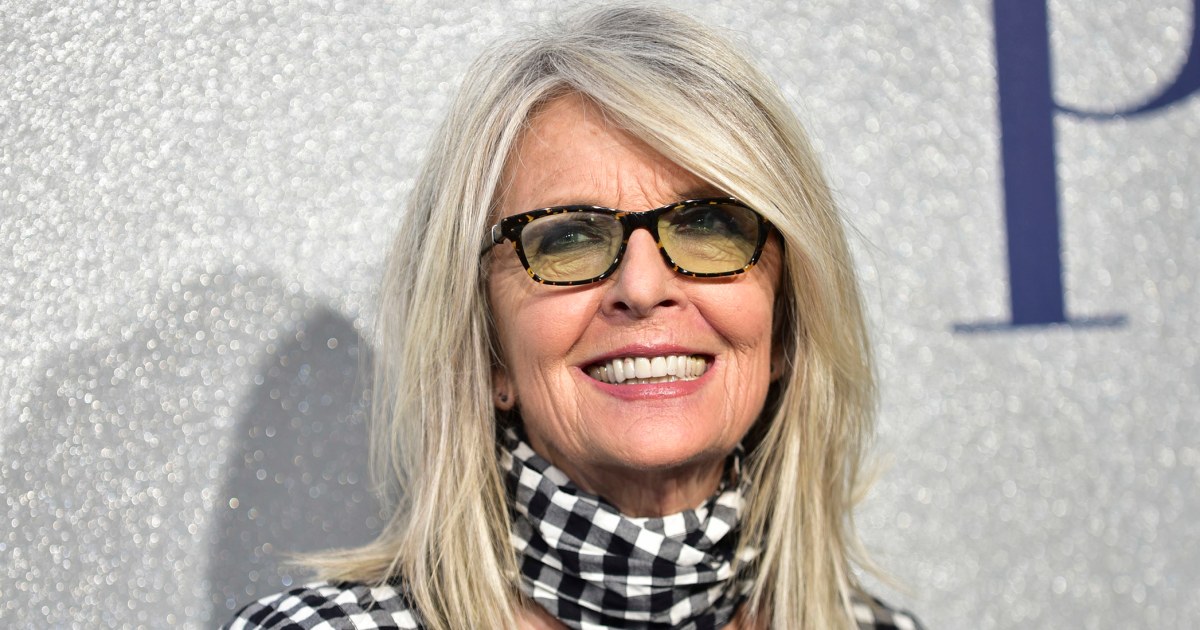Rassie Erasmus, the South Africa head coach, has called for the Rugby Championship to be moved to the same time as the Six Nations in order to align the international calendar in men’s rugby.
Sanzaar, the sport’s governing body in the southern hemisphere, confirmed on Thursday that its flagship competition will return in 2027 having been removed from the calendar next year for the launch of the “Rugby’s Greatest Rivalry” series between the Springboks and New Zealand.
Full editions of the Rugby Championship are then set to be held in each of the following three years in its traditional slot in the calendar in August and September.

That window, however, poses particular problems for South Africa and Argentina, with the majority of both squads based in European competitions. Top Springboks are essentially forced to play year-round, with only a short gap between the July internationals and the start of the Rugby Championship each year.
Better alignment, perhaps, could be achieved were the Rugby Championship to fall in line with the Six Nations, unifying the northern and southern hemisphere calendars – which Erasmus, who has steered his side to back-to-back competition crowns, believes would be a positive step.
“This is just my opinion, but I think it would be fantastic if we could play the Rugby Championship in February when the Six Nations is on,” the double World Cup-winning coach said. “It would be so much easier for other teams to be all aligned, not so that some countries are flat in June and other countries are peaking in November, and then we are flat in November.
“Law changes, I think, would be so much easier to implement right across the board if all competitions started at the same time.
“In my honest opinion, I can’t see any reason why us, New Zealand, Argentina and Australia can’t play that competition at the same time as the Six Nations. But there might be a big thing that I’m missing.”

Moving the Rugby Championship to the end of the southern hemisphere summer would pose possible challenges in terms of weather, while both New Zealand and Australia would arrive without major domestic competitions beforehand to prepare them for Test rugby.
It is thought that New Zealand might be most resistant to a shift in timing for a competition they have largely dominated over the last 30 years, and any switch would not appear to be imminent after Sanzaar’s announcement.
The management of player workloads, particularly in South Africa, will remain a key topic over the next few years, though. World Rugby recently agreed a new 30-match per season player workload guideline for all nations, alongside a limit of six consecutive weeks of action before a rest is required.
Erasmus has rotated heavily this year both to ensure his Springboks squad are afforded appropriate rest and to continue to build squad depth. Under the current season structure, South Africa’s internationals are not provided a proper offseason – though captain Siya Kolisi believes he and his squad are well managed.

“We have breaks waiting,” Kolisi explained. “We can speak to the club and they tell us these are the amount of weeks we have off, and then you can choose in different parts of the year when we take off. I know my breaks already next year: in February, we get three weeks completely off and then three weeks of training as well.
“There are things that have been worked on to make sure we have those kind of breaks. The guys that don’t play for South Africa get their breaks when we’re playing internationals. The way we are looked after has been really good so I have no concern at the moment.”
Kolisi also expressed his excitement for the new quadrennial touring arrangement with New Zealand with the Springboks set to host the All Blacks next year: “The rivalry between us and New Zealand has always been big and always been tight. You saw this year with the two games that we played against them. They’ll get to know South Africa a bit more, get to interact with the public. I can’t wait to experience it.”

.jpeg)


































 English (US) ·
English (US) ·